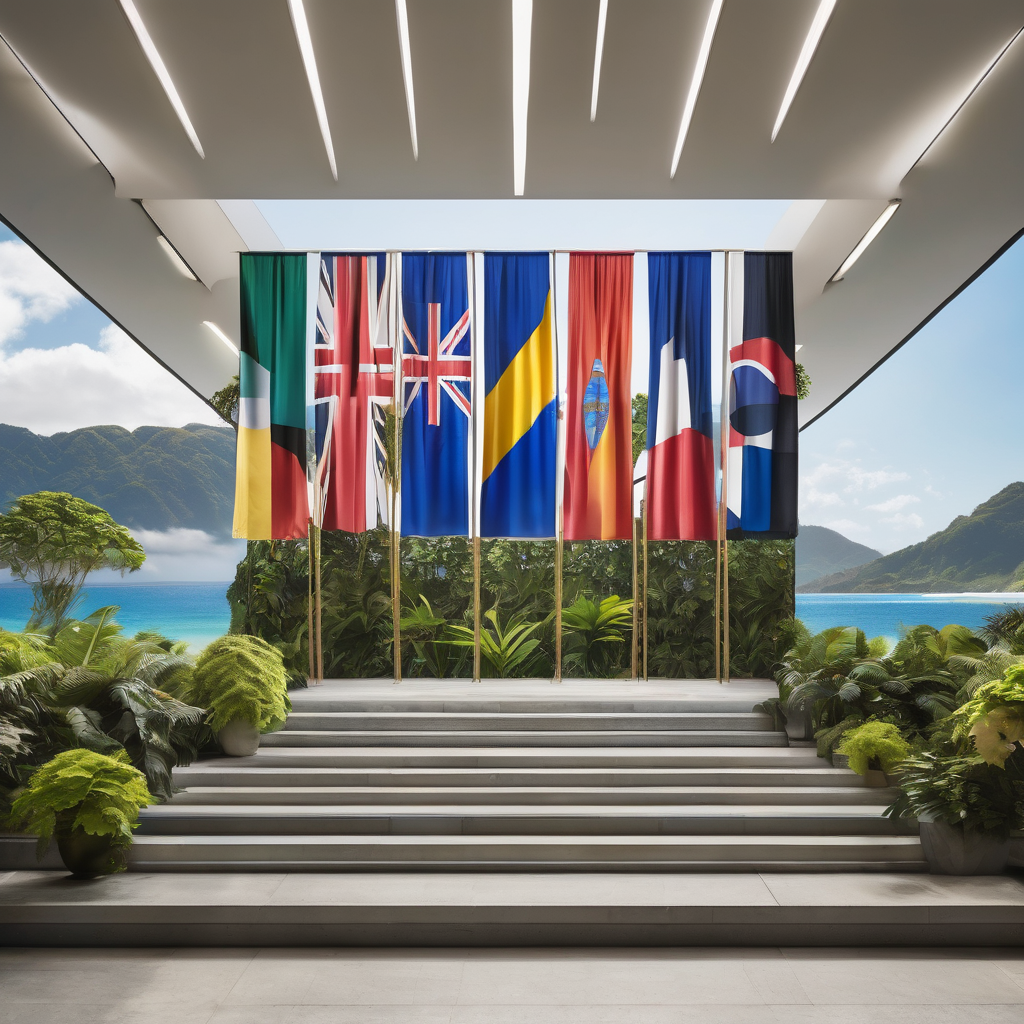The new Pacific Inter-Parliamentary Assembly (PIPA) is to deepen regional cooperation and amplify the Pacific’s voice globally, as stated by Speaker of Parliament Filimone Jitoko. Addressing the Parliament, Jitoko described the establishment of PIPA as a historic milestone that embodies the rejuvenation and new purpose of regional parliamentary collaboration.
The PIPA’s formation was ratified at the conclusion of the 5th Pacific Islands Parliament Group (PIPG) conference in Natadola on August 28, 2025, symbolizing the transition from PIPG to PIPA, along with the adoption of the 2025 Natadola Declaration. This shift aims to enhance the governance within the Pacific region by creating stronger collaborative frameworks for addressing common challenges such as climate change, regional security, and sustainable development.
Support from the President, Prime Minister, and members of various parliaments across the Pacific, coupled with the backing from development partners like Australia, Japan, and New Zealand, has been crucial in making this vision a reality. The support illustrates a collective commitment to reinforcing the democratic governance and cooperation within the region.
Reflecting on past conferences, the Assembly of French Polynesia will host the first official PIPA Assembly in 2026, continuing the region’s efforts towards stronger united actions. This transition represents not just a procedural change but a structured approach for regional legislative bodies to coordinate policies, promote democratic legitimacy, and engage efficiently on the international stage.
The establishment of PIPA is viewed as a natural evolution of Pacific governance, with the potential to fortify the region’s bargaining power in global forums and ensure regional priorities are addressed. By institutionalizing inter-parliamentary cooperation, PIPA provides a coordinated platform for addressing pressing issues that affect the Pacific island nations, particularly climate change and economic diversification.
Overall, this initiative marks a significant step forward in ensuring that the Pacific is not merely a passive participant on the world stage but a proactive region championing resilience, cooperation, and shared prosperity.
